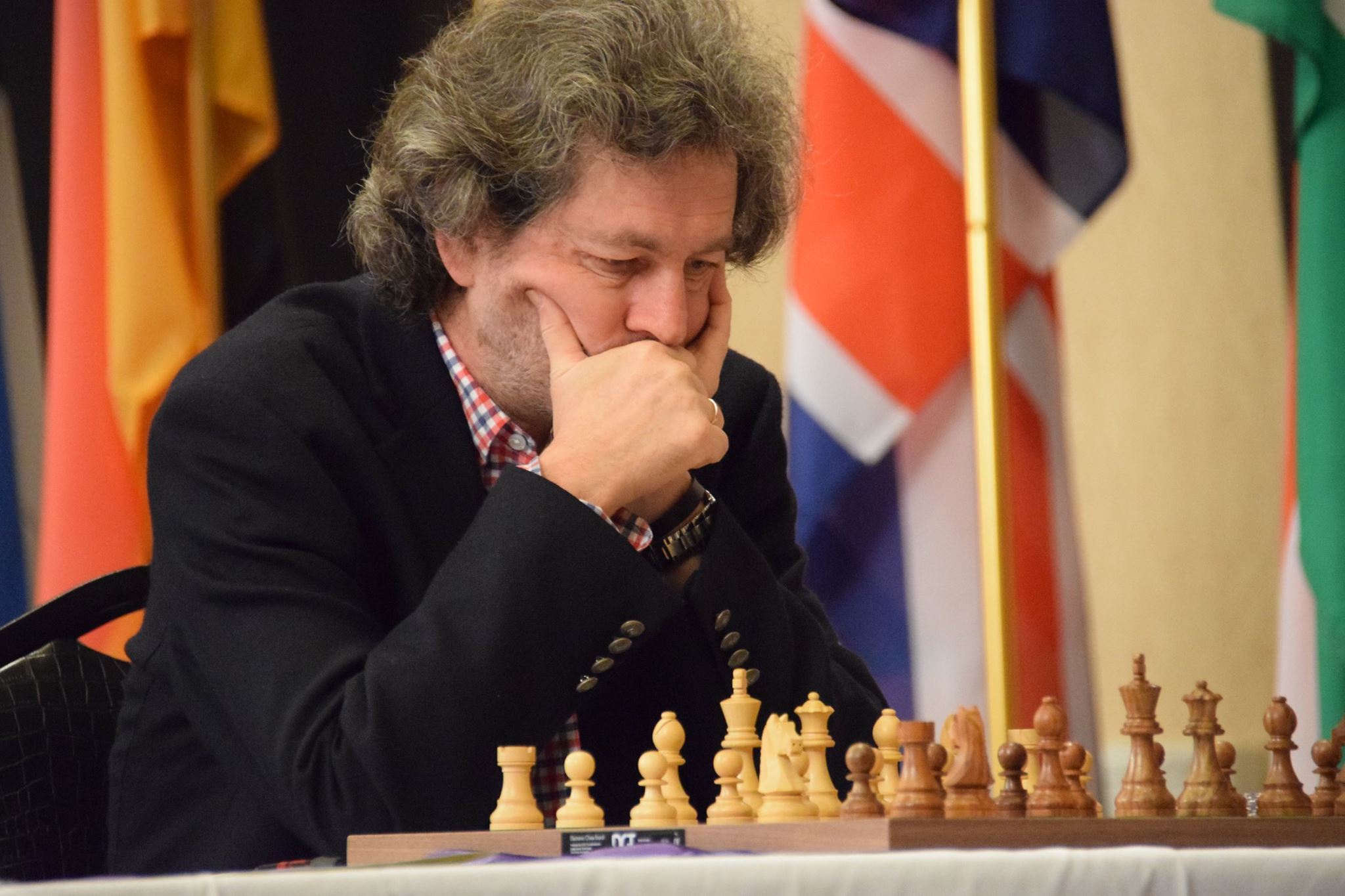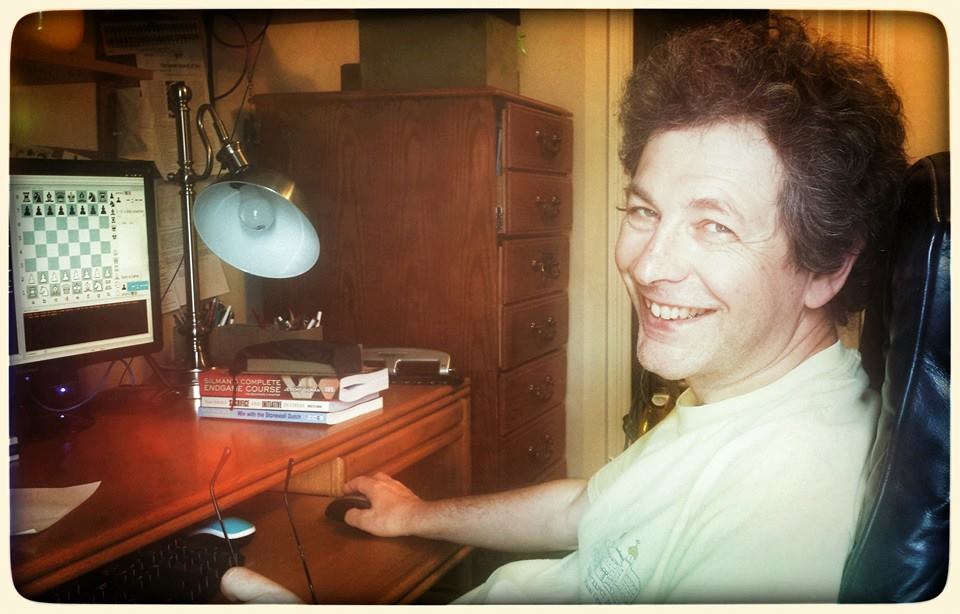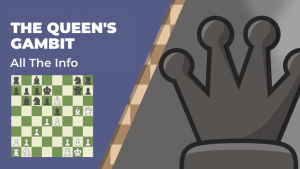
Coach Of The Month: GM Gregory Kaidanov
June's Coach of the Month is GM Gregory Kaidanov. One of the most decorated Soviet-born American chess players, he has won many international tournaments including the World Open (1992), U.S. Open (1992), and Aeroflot Open (2002). More recently, he won the U.S. Senior Championship in 2021. Kaidanov has represented the United States on the Olympiad team seven times and was inducted into the U.S. Chess Hall of Fame in 2013.
Widely considered to be one of the best chess coaches in America, Kaidanov coached the 2008 U.S. Women's Olympiad team (who won the bronze medal) and has worked as a second to GM Vasyl Ivanchuk as well as GM Lev Polugaevsky.
His many students who are now GMs and IMs include Fabiano Caruana, Daniel Naroditsky, Maurice Ashley, Ben Finegold, Sam Shankland, Ray Robson, Greg Shahade, and many more.
Very impressive, right?
Readers seeking private instruction can contact GM Kaidanov via Kaidanov.org, his Chess.com profile, and can find other skilled coaches at Chess.com/coaches.
What is your first vivid memory of chess?
I was gifted a chess set for my sixth birthday by a family friend, and I remember it very distinctly: where it happened, how it happened, and the feeling of falling in love with this game before I even learned the rules. My dad taught me how to play shortly after that.
Which coaches were helpful in your chess career, and what was the most useful knowledge they imparted?
Master Valery Zhuravlev was my coach for a year, but in this one year, he taught me how to be critical of myself and how to analyze my games. His dedication to self-study was the main lesson I learned.

Which game do you consider your "Magnus Opus"?
My game against GM Mark Taimanov in Belgrade 1988 won the brilliancy prize and has an interesting story behind it. In the mid-'80s, GM Garry Kasparov created GMA (The Grandmaster Association). This organization held a series of very strong Swiss tournaments. Belgrade was the first one.
In a short period between the second and fifth rounds, I played GMs Taimanov, Samuel Reshevsky, and Efim Geller. One of the participants jokingly noted that instead of popular Chess Informants (a major preparation tool back then) I should have brought GM David Bronstein's book Zurich International Chess Tournament 1953.
How would you describe your approach to chess coaching?
I am trying to get inside my students' minds. When I understand how they think, I try to reduce their weaknesses and help them further develop their strong sides. I use multiple tools and the personality of the student is the most important factor. I also put a lot of emphasis on psychology, especially when I work with adults.
If I were a corporation, my motto would be: "We help people better understand themselves through the game of chess."

What do you consider your responsibilities as a coach, and which responsibilities fall on your student?
When I work with kids, I see myself not only as a chess coach but as a mentor as well. I try to teach them lots of things, which I hope will help them later in life. I understand that each person has a unique personality, so I work around it. It means that if someone is hardworking and would like to get a lot of homework, I'll give them as much as they can handle. But if a student has multiple activities and chess is just one of them, I don't push it too hard and just do whatever I can to help them.

What piece of advice do you give your students that more chess players could benefit from?
When you study chess, try as much as possible to be in a "solving mode." Doing puzzles or guessing moves from grandmaster games (solitaire chess) is the best way to improve. Watching chess videos is not.
What is your favorite teaching game that our readers might not have seen before?
GM Anatoly Karpov vs. GM Artur Yusupov in Moscow 1983 is a masterpiece.
Do you prefer to teach online or offline? What do you think is different about teaching online?
In the past, I preferred to teach in person. However, now I feel that teaching online allows me to cover more material. You can load games in a matter of seconds and go to specific positions with one click of the mouse without the necessity to set up the position on a physical board.

What do you consider the most valuable training tool that the internet provides?
An unlimited amount of challenging puzzles.
Which under-appreciated chess book should every chess player read?
My answer might sound strange, but I think you don't have to read chess books anymore to be good at chess. For kids, playing a lot against strong competition and solving puzzles might be enough. For adults who like studying chess books, I would recommend Jacob Aagaard's Thinking Inside The Box.
Are you a chess coach who is looking to find new students, build your brand, and be paid more for the work that you're already doing? Check out Chess.com's Coach Affiliate Program.
Previous Coaches of the Month:
- WGM Jennifer Perez
- Markus Hansson
- GM Sergey Grigoriants
- Isaac Snow
- IM Dagne Ciuksyte
- GM Krisztian Szabo
- WIM Mila Zarkovic
- GM Rashad Babaev
- WGM Petra Papp
- Andrey Malkhasyan
- IM Pawel Weichhold
- FM Jack Rodgers
- FM Alessandro Santagati
- FM Amir Hadzovic
- WFM Fruzsina Szente-Varga
- WIM Tijana Blagojevic
- Charlie Rosado
- GM Swapnil Dhopade
- IM Alberto Chueca
- Frank Johnson
- WGM Keti Tsatsalashvili
- IM Kostya Kavutskiy
- GM Arturs Neiksans
- FM James Canty III
- IM Levy Rozman
- CM Gabor Horvath
- AGM Colin Stapczynski
- NM Bojan Lukajic
- IM Mateusz Bobula
- IM Attila Turzo
- GM Max Illingworth



